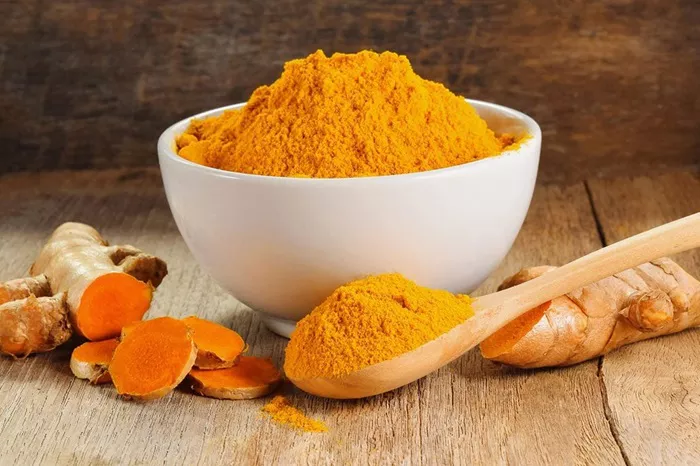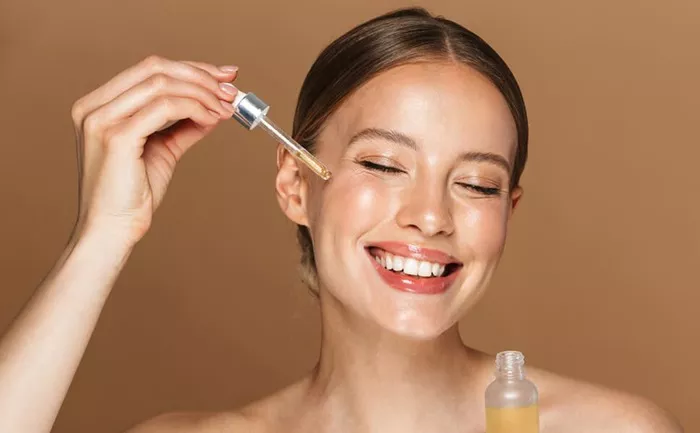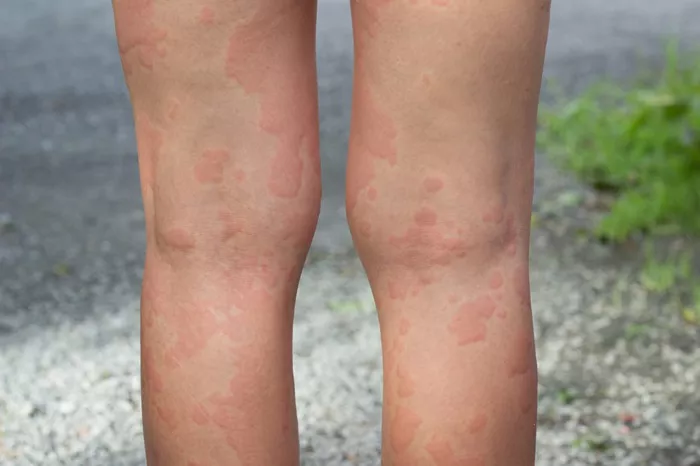Coffee is more than just a beverage; it’s a personal ritual and, in many ways, a form of medicine. But does it truly live up to the widespread claims about its health benefits?
For decades, research has suggested that drinking coffee may extend lifespan and reduce the risk of various health issues. This week, a large-scale study made headlines by linking caffeinated coffee consumption in women to a lower likelihood of physical decline, cognitive impairment, and chronic diseases as they age. Earlier this year, another study found that people who drink coffee in the morning tend to live longer than those who drink it later in the day.
However, recent analyses caution that these benefits are mostly seen in those who consume coffee without excessive added sugars or saturated fats—disappointing news for fans of mochas and frappuccinos.
“Coffee is like the celebrity of the science world—it’s always in the headlines,” said Dr. Susan Albers, clinical psychologist at the Cleveland Clinic. “It transcends age, culture, and socioeconomic status. It’s one of the most widely consumed psychoactive substances on the planet. We often forget it’s essentially a drug paired with an enjoyable drinking experience.”
Approximately three-quarters of American adults drink coffee, with half consuming it daily. This widespread habit provides researchers with a vast dataset to examine countless variables and associations. Public health officials closely monitor coffee’s impact to inform the public about potential health risks or benefits.
Coffee contains micronutrients such as polyphenols, known for their antioxidant and anti-inflammatory properties, and caffeine, a stimulant that affects the central nervous system.
Albers said, “Coffee offers a window into understanding how substances we ingest impact our brains on multiple levels. Our—and the scientific community’s—thirst for this knowledge seems endless.”
But will there ever be a definitive answer? Past trends have seen health endorsements for red wine give way to caution about all alcohol consumption, and chocolate’s health status continues to fluctuate.
“We want to develop healthy habits and enjoy them without harming ourselves,” Albers explained. “The more information we have, the better decisions we can make. But we also need to be wary of ‘clickbait’ and sensationalized claims.”
Registered dietitian Jamie Mok advises skepticism toward coffee health claims, especially on social media. “Look for qualified experts citing scientific journals,” she said. “Extreme or overly simplistic claims should raise red flags.”
Related Topics



































